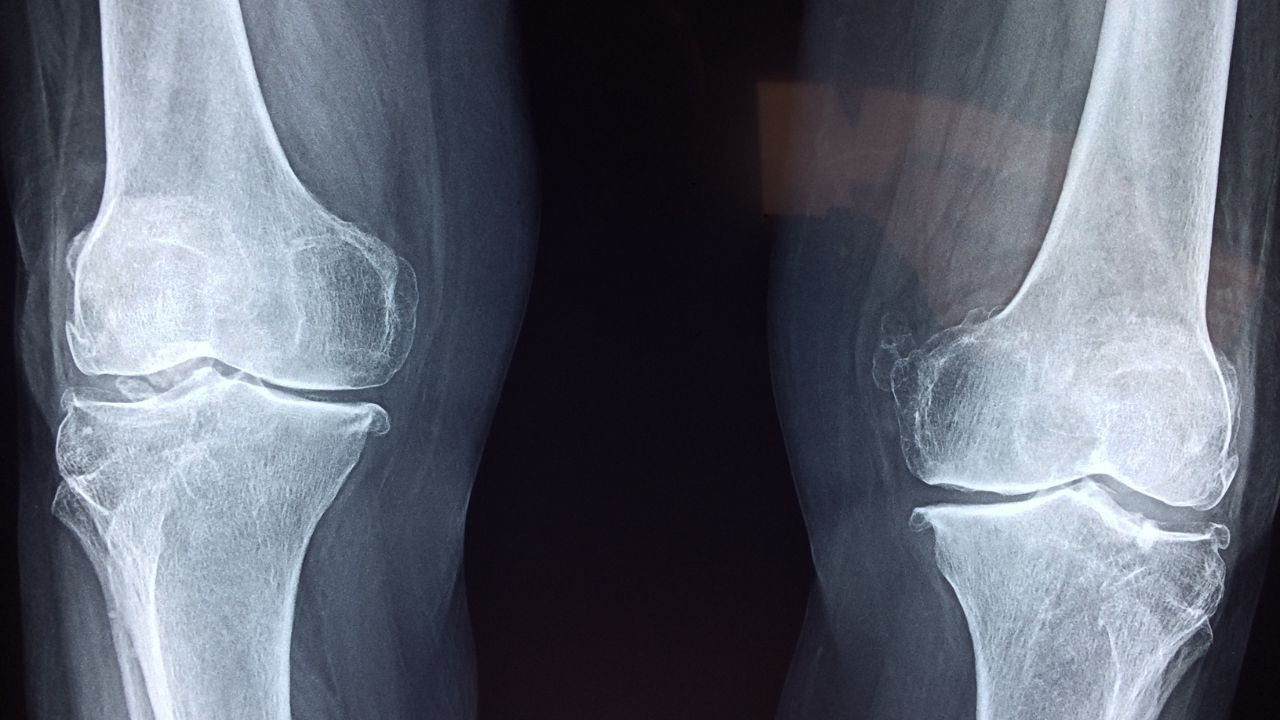
Understanding Joint Health
We all want to maintain good joint health throughout our lives. Joints are the connections between bones that allow us to move freely and perform daily activities with ease. Healthy joints are essential for maintaining flexibility, mobility, and a pain-free lifestyle. But how do we know if our joints are in good condition? In this article, we'll explore the key indicators of good joint health and provide tips on how to maintain healthy joints.
Flexibility and Mobility
One of the most important signs of good joint health is flexibility and mobility. If you can move your joints through their full range of motion without experiencing pain or stiffness, it's a good indication that your joints are healthy. Healthy joints should allow you to bend, stretch, and rotate without any discomfort or limitations. If you notice that your joints feel stiff or painful when moving, it may be a sign of an underlying issue.
Pain-Free Movement
Another key indicator of good joint health is the absence of pain during movement. Healthy joints should not cause any pain or discomfort when you move them. If you experience pain, swelling, or stiffness in your joints, it may be a sign of inflammation or an underlying condition such as arthritis. It's important to pay attention to any pain or discomfort in your joints and seek medical advice if it persists.
Maintaining Joint Health
To maintain good joint health, there are several steps you can take. Regular exercise is essential for keeping your joints flexible and mobile. Low-impact exercises such as swimming, cycling, and yoga are great options for maintaining joint health without putting too much stress on your joints. Maintaining a healthy weight is also important, as excess weight can put additional strain on your joints.
In addition to exercise, a healthy diet can also contribute to good joint health. Foods rich in omega-3 fatty acids, such as fatty fish and nuts, have anti-inflammatory properties that can help reduce inflammation in the joints. Vitamin D and calcium are also important for maintaining strong bones and healthy joints.
When to Seek Medical Advice
If you experience persistent pain, stiffness, or swelling in your joints, it's important to seek medical advice. Your healthcare provider can perform a physical examination and may recommend additional tests such as X-rays or blood tests to diagnose any underlying conditions. Early diagnosis and treatment can help prevent further damage to your joints and maintain good joint health.
Conclusion
Maintaining good joint health is essential for a pain-free and active lifestyle. By paying attention to your body and looking out for signs of healthy joints such as flexibility, mobility, and the absence of pain, you can ensure that your joints remain in good condition. Regular exercise, a healthy diet, and seeking medical advice when necessary can all contribute to maintaining good joint health throughout your life.
 Mobility trainingHome Fitness RecoverySports Injury PreventionPersonal Physical TherapyOrthopedic SolutionsPrivacy PolicyTerms And Conditions
Mobility trainingHome Fitness RecoverySports Injury PreventionPersonal Physical TherapyOrthopedic SolutionsPrivacy PolicyTerms And Conditions
